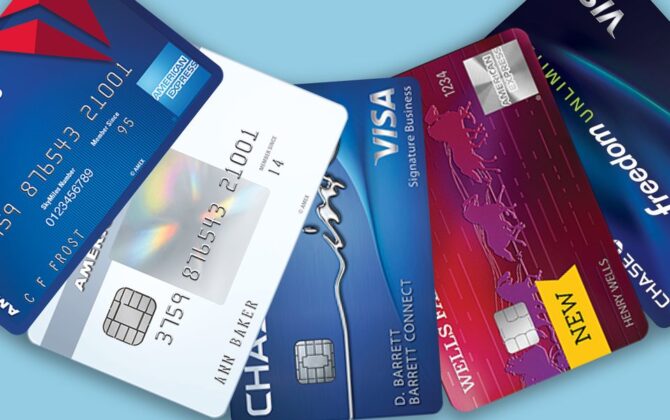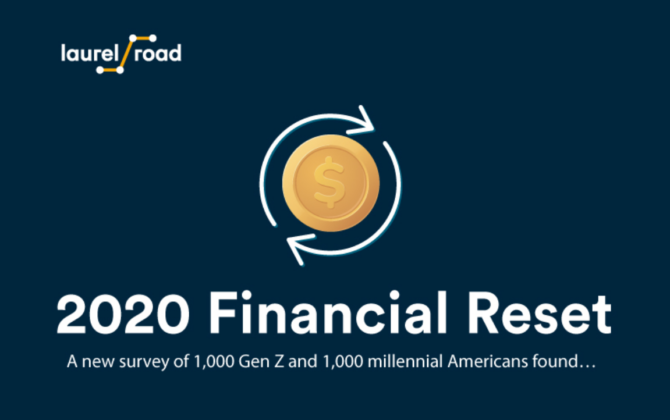Getting a Mortgage When You Still Have Student Loan Debt
The appeal of owning a home in America has shaped the demographic landscape for generations. Yet in survey after survey, millennials continue...


The appeal of owning a home in America has shaped the demographic landscape for generations. Yet in survey after survey, millennials continue to defy expectation and tradition, balking at home ownership, delaying life milestones, and even having cold feet about moving altogether. But is it really by choice? Not quite.
Regrettably, too many graduates in this demographic find themselves saddled with debt – making the option of taking on even more debt simply out of the question. A 2019 survey by Bankrate showed that 61% of millennials don’t yet own a home, and nearly a quarter of them cite student loan debt as the reason.
Having enough for a down payment and maintaining a low DTI (debt-to-income ratio) are two important components of securing and affording a home loan. The frail bank account of a recent graduate often has little immediate room for building net wealth, resulting in higher DTIs likely to spike interest rates and cause denials.
If you’re one of these young professionals setting out to achieve this key marker of the American dream and are worried about your chances, you’re not alone. Here are a few things you can do to increase your odds of getting a mortgage and owning a home.
Improve Your Debt-To-Income Ratio (DTI)
Your DTI is your monthly debt payments divided by your gross monthly income. Lenders judge your ability to repay your debt using this percentage and lean heavily away from any potential borrowers in the higher range. You can get your number lower by taking some resolute steps, starting today:
- Pay off as much debt as you possibly can. Whatever small ways you can chip away at your debt – they matter. Don’t hesitate to use tax refunds, or any additional cash you can get your hands on for this purpose. You’ll be glad you did later on.
- Take on additional work. A new stream of income, while not always feasible, could improve your DTI. Side gigs, freelance work, and extra hours here and there all count.
- Refinance or consolidate your loans. By extending your term to lower your monthly payment or lowering your interest rate you could potentially improve your DTI. [Keep in mind that if you extend your term it could result in paying more interest over the life of the loan.]
- Consider an Income-Based Repayment Plan (IBR). If you have federal loans, you could make your monthly student loan payment more manageable and in line with your salary by enrolling in an IBR plan, in which payments can be as low as 10-15% of your monthly income. To learn more, please visit www.studentaid.gov/.
Boost Your Credit Score
Achieving an excellent credit score takes time and can’t be done overnight. While you certainly don’t need to strive for the “800 Club,” you can do a few things to get your score higher in the shorter term:
- Lower your credit utilization. If you’ve got a lot of credit from various cards or other sources, don’t use it all and inch up to the top of your credit limit. That will raise what’s called your credit utilization rate, which could negatively impact your FICO score. Remember that how much debt you owe accounts for 30% of your score. Keep your credit well under the maximum allowed limit, and you may be able to improve to your score.
- Pay bills on time, without exception. It goes without saying that paying your bills on time helps your score. In fact, your payment history makes up 35% of your Fico score calculation, so mark your calendar and stay on schedule.
- Don’t just move it around—work to pay it off. Avoid opening additional lines of credit if you don’t need them, and don’t close accounts just to raise your score. The length of your credit history accounts for 15% of your score, so keep this in mind when you decide which accounts to close or open.
Down Payment and First-Time Homebuyer Assistance Programs
Many people struggle to put a down payment on a home—especially the traditional benchmark of 20%. Fortunately, there are a few ways to achieve that coveted percentage that can get you a lower interest rate and more equity in your home right off the bat. You may be able to chip away at closing costs, as well.
- Down Payment Assistance programs. State and local programs such as down payment grants, second mortgages and matched savings programs can help lend you money, or match your contributions, in order to reach your down payments needs. There are certain rigid qualifications for these programs, but as essentially free money, they might very well be the right option for some.
- Federal/state first-time homebuyer options. Some federal programs, such as FHA loans offer low down payments and/or low closing costs options that can help first-time buyers—which can be helpful when you’re balancing student loans and other debt loads. Individual states may also have their own first-time home buyer programs and assistance offerings that can help with closing costs, down payments, and more. To learn more about your state-specific resources, visit HUD.gov.
Consider Co-Borrowing
Ever thought about sharing a property with a friend? Don’t mind the idea of co-owning a condo, and renting it out while you’re away for some much-needed supplemental income? Sharing may not be for everyone, but for those keen on the concept, a joint-applicant (co-borrower) on a loan could have some advantages. Depending on where you both stand financially, combining your incomes and credit standings could mean easier approval or qualifying for a higher loan balance. Or if you pool your savings for a bigger down payment, you may be able to save money with a lower monthly payment or pay less interest in the long-term.
But if ‘forced friendsgiving’ or splitting/sharing vacay time isn’t for you, you can always ask a parent, relative, or trusted friend to be a co-signer (rather than co-owner), or guarantor on your loan and have your digs to yourself.
If All Else Fails…
Focus in on your student loan repayments, and keep your eye on the prize. More likely than not, some careful planning and budgeting for your future will get you towards your home ownership goals—even if you can’t taste it just yet. We’re here to help you get a step or two closer to your ambitions—whether that’s a house in the hills, a trip overseas, or anything in between.
In providing this information, neither Laurel Road or KeyBank nor its affiliates are acting as your agent or is offering any tax, financial, accounting, or legal advice.
Any third-party linked content is provided for informational purposes and should not be viewed as an endorsement by Laurel Road or KeyBank of any third-party product or service mentioned. Laurel Road’s Online Privacy Statement does not apply to third-party linked websites and you should consult the privacy disclosures of each site you visit for further information.
Don’t miss the latest financial resources.
This site is protected by reCAPTCHA and the Google Privacy Policy and Terms of Service apply.
Get tailored Laurel Road resources delivered to your inbox.
Search Results


